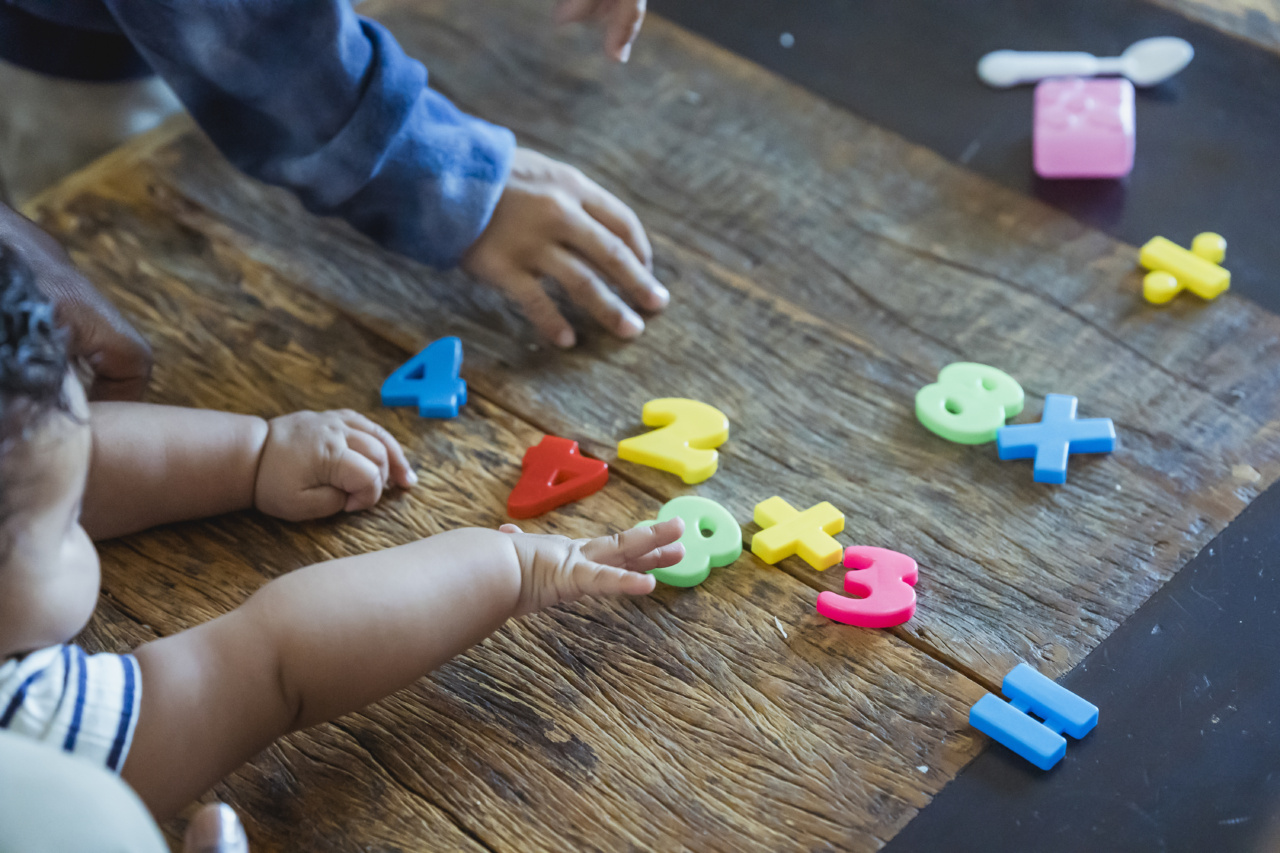Deciding to have a second child is a big decision that many parents struggle with. There are so many factors to consider, from the financial implications to the impact on your current family dynamic.
If you are contemplating expanding your family and wondering if it’s time for baby number two, we have some expert tips to help you make an informed decision.
1. Consider your reasons
Before taking the plunge, it’s essential to examine your motivations for wanting another child.
Are you simply succumbing to societal pressure or fulfilling cultural expectations? Take the time to reflect on why you want to have another baby and ensure that your reasons are based on genuine desire and not external influences.
2. Evaluate your financial situation
Raising a child can be expensive, and having two children will undoubtedly increase your financial responsibilities. Take an honest look at your current financial situation and consider how having another child will impact your budget.
You’ll need to account for additional expenses like diapers, formula, healthcare, education, and childcare. Assess if you can comfortably afford these costs before making a decision.
3. Assess your emotional readiness
Raising a child is a demanding and emotionally draining task. Adding another child to the mix will require even more time, energy, and emotional resources.
Reflect on your current emotional state and determine if you are ready to take on the challenges and joys of raising another child. Consider the impact it may have on your relationship with your partner and your existing child.
4. Evaluate your support system
Having a strong support system in place is crucial when expanding your family. Assess the support you have from family, friends, and your community. Consider who will be available to help you with childcare, day-to-day tasks, or emotional support.
Having a reliable support system can make the transition to a larger family much smoother.
5. Explore your living situation
Take a close look at your current living situation and determine if it can accommodate another child. Consider the available space, bedrooms, and overall suitability for a growing family.
If you feel your living space is inadequate, think about whether you are willing and able to move to a larger home.
6. Think about the age gap
Consider the age gap you envision between your children. Some parents prefer a smaller age gap, believing it fosters a closer bond and helps with their children’s development.
Others prefer a larger age gap to allow more one-on-one time with each child. Reflect on what age gap aligns with your parenting goals and desires.
7. Discuss with your partner
It’s crucial to have an open and honest discussion with your partner about having another baby. Ensure that you both share the same desires, concerns, and feelings about expanding your family.
Consider each other’s viewpoints and come to a mutual decision that feels right for both of you.
8. Consult with a healthcare professional
Before deciding to have another child, it’s wise to consult with a healthcare professional. They can provide valuable insights into any potential medical risks or complications that may arise.
They can also assess your overall health and advise you on the ideal timing for conception.
9. Consider the impact on your firstborn
Adding a new member to the family will undoubtedly impact your firstborn. Consider how your child may react to having a sibling and their readiness to share your attention.
Prepare your firstborn for the upcoming changes and involve them in discussions about expanding your family. Ensuring that your firstborn feels loved and supported throughout the process is essential for a smooth transition.
10. Trust your instincts
Ultimately, the decision to have another baby is a personal one. Trust your instincts and listen to your intuition. If you feel ready and excited about expanding your family, then it may be the right time for baby number two.
On the other hand, if doubts and uncertainties persist, it’s okay to wait until you feel more confident and certain.






























